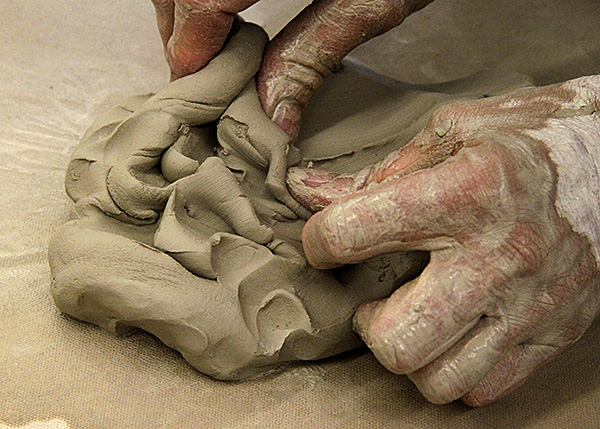BEYOND THE PAIN OF STIGMA
I know how to be brought low, and I know how to abound. In any and every circumstance, I have learned the secret of facing plenty and hunger, abundance and need. I can do all things through him who strengthens me.
Philippians 4:12-13
Years ago, The Land Between, a book by Jeff Manion made a big impact on me. Manion uses the story of the Israelites’ journey through the Sinai Desert as a metaphor for being in a time of trial. After generations of slavery in Egypt, the Israelites travel through the wilderness (the land between) toward the Promised Land, craving the food they used to eat. God uses their experience to transform them—to forge a relationship of trust with him.
Living with mental health challenges and stigma feels for many like they’re living in a wilderness, longing for the kind of love only God can give them. It differs from the lives of those who are not looked down on, not rejected, not excluded. A wilderness is a place where grass and flowers don’t grow freely. It is a dry place, where streams of refreshing waters seldom flow.
Can they hang onto their faith under such conditions?
Manion says, “It is the testing of our faith that produces perseverance, that produces change.” He quotes James 1:4. “Perseverance must finish its work so that you may be mature and complete, not lacking anything.” As it was with the Israelites and their suffering, so it is with those who suffer from stigma. How they persevere in their faith will determine the outcome of their lives.
As friends of those who suffer because of stigma, how can we help?
When we open our hearts to accept the kind of love God can give us through his son Jesus, we can share that love with those who need it most—those the world won’t have anything to do with; those who, like the Israelites, crave the food only God can give through his love. We can share God’s love by accepting them, by being kind, and by listening to them.
God offers hope to those who find healing. Their pain is bound to diminish as we share with them the spiritual food from God’s Word, as well as from what we have personally learned from our life with him.
There is hope for everyone who believes and clings to God in the midst of their pain and suffering. When they start feeling better about themselves, it will be like waking to a new dawn. A world of possibilities opens up. How will they now live, with stigma not holding as much power over them as it did before?
How will they live as individuals who believe in themselves and their self-worth. What will they do with their new confidence? Where will the courage they developed now take them? What might they contribute?
Chances are that they too will say, along with the apostle Paul, who himself had suffered much, “I can do all things through him who strengthens me.”
marja

Leave a Reply